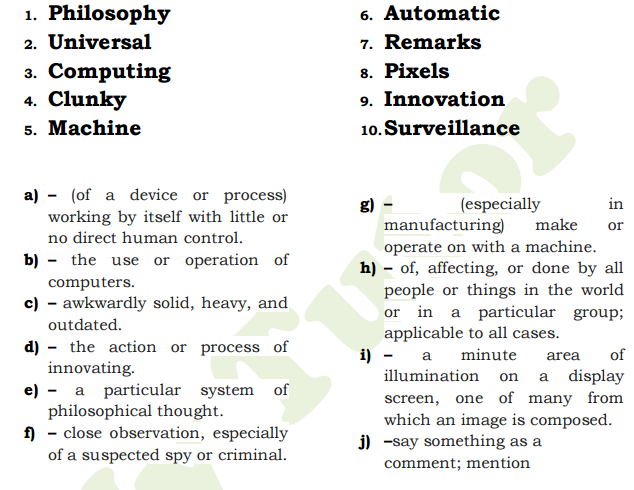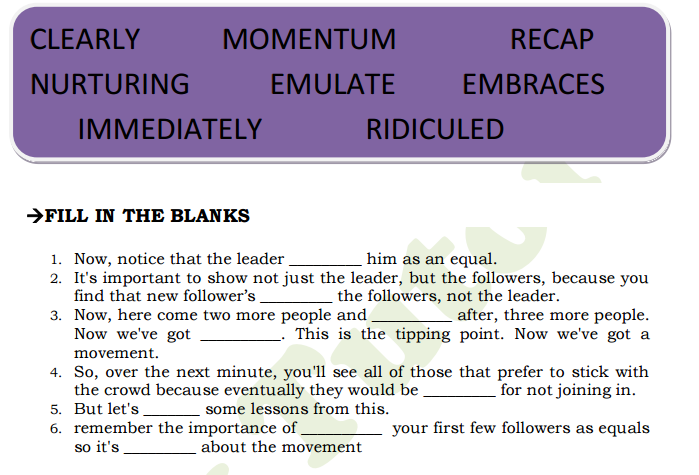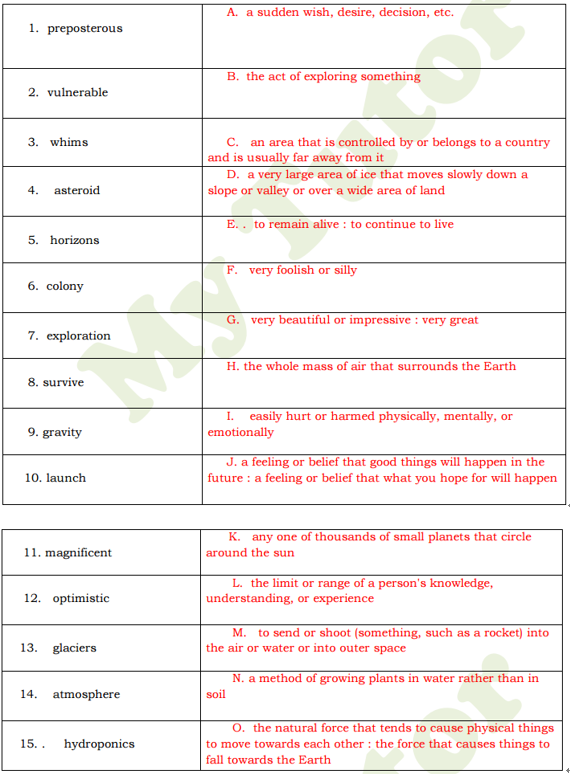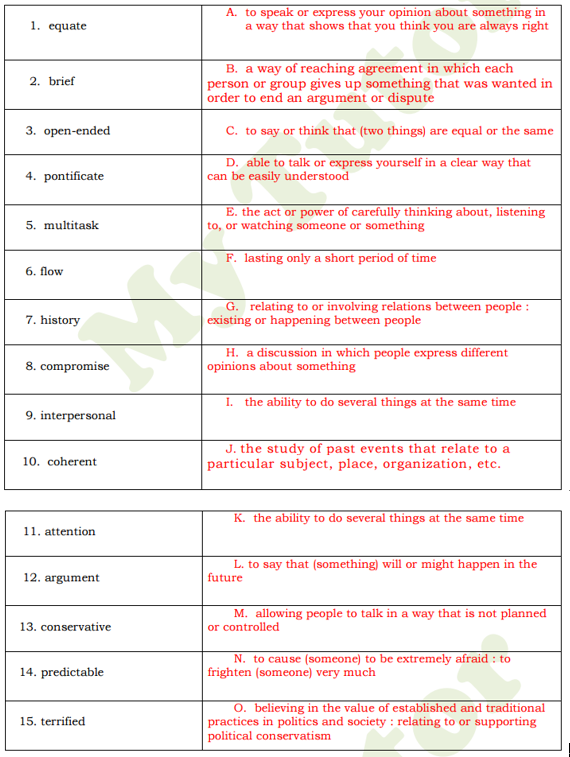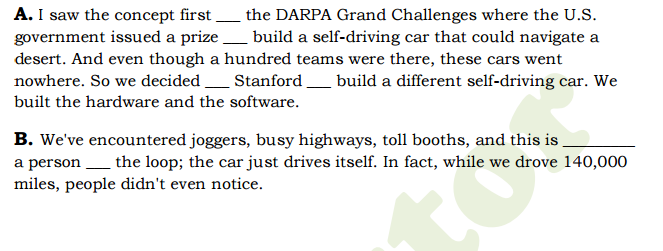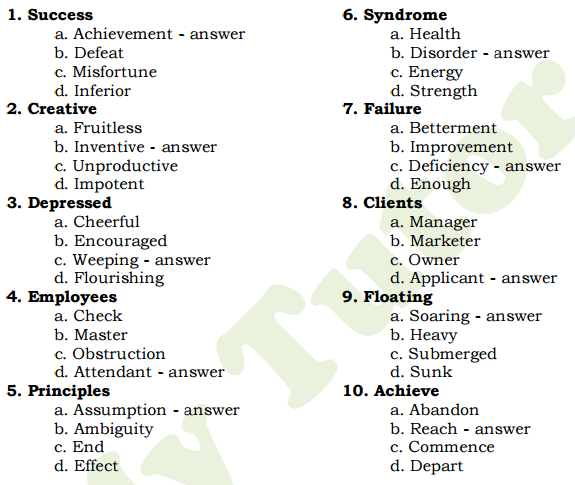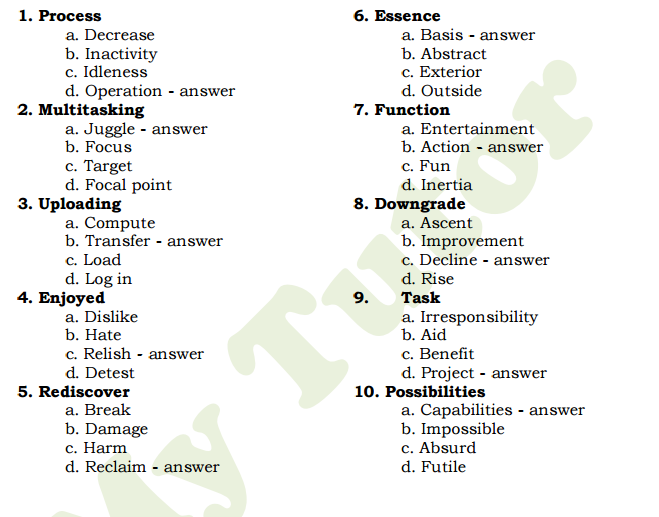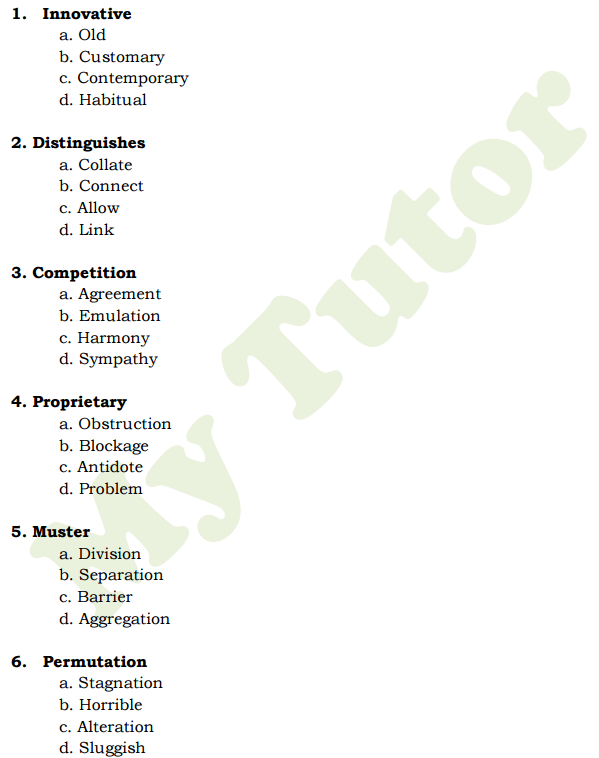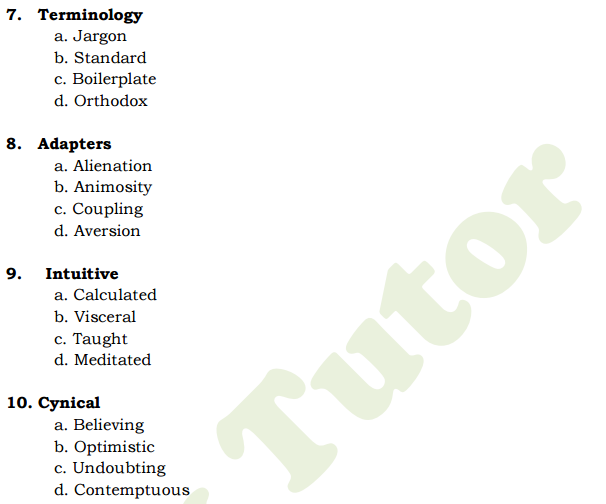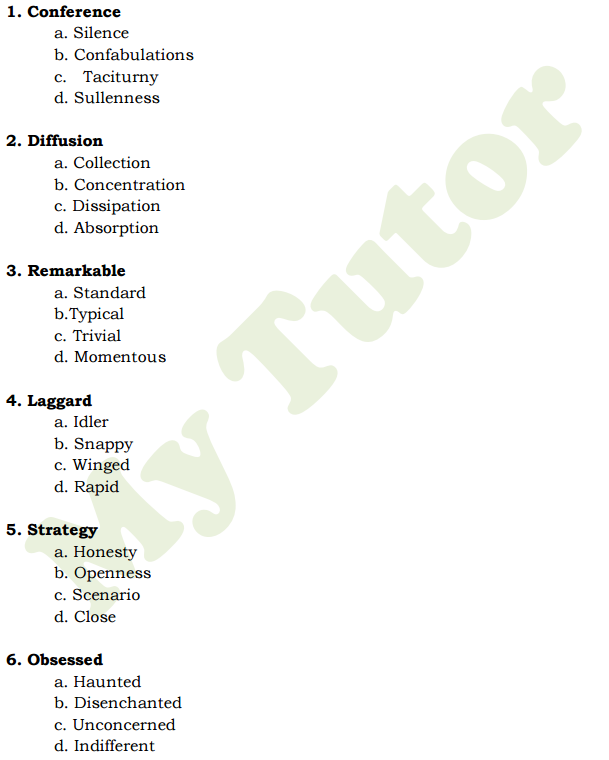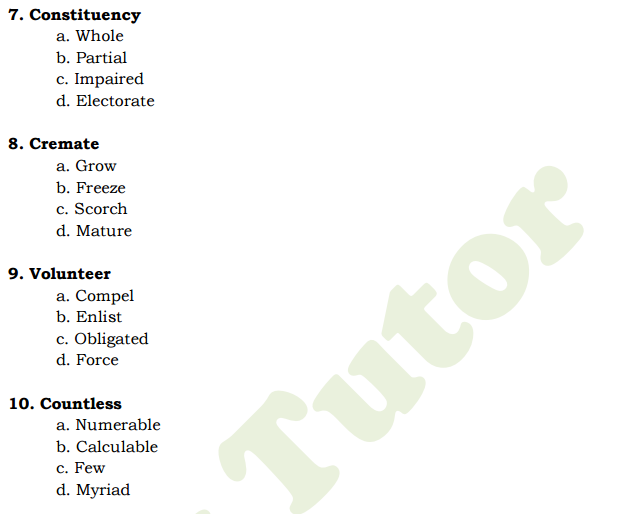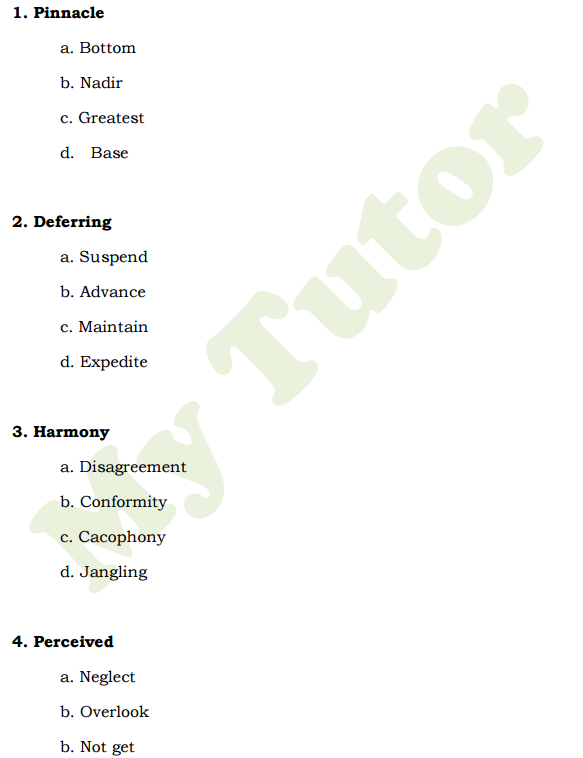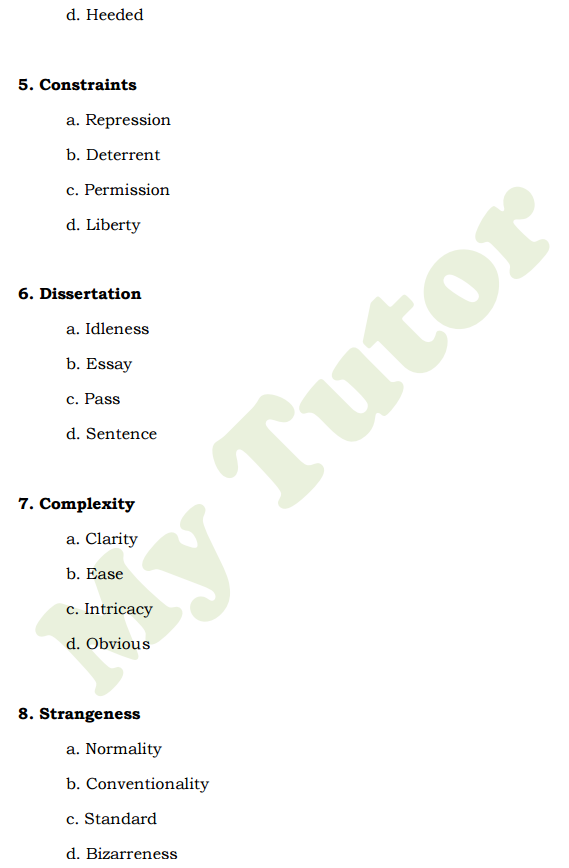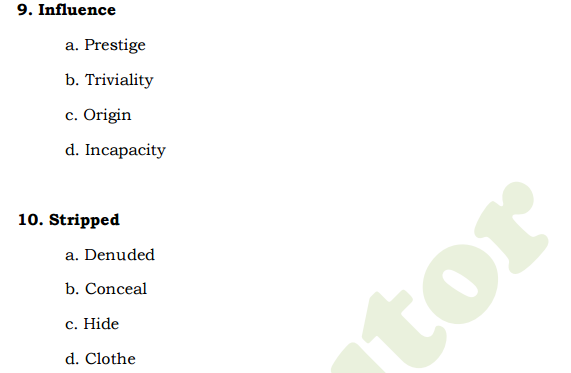Part 1 Reading Comprehension TRUE OR FALSE
Instruction: Write T if the answer is True, and F if the answer is False,
then change the underline word to make it correct.
- Larry said: our mission we defined a long time ago is to organize the world’s information and make it universally accessible and useful.
- Deep Eyes is a company we just acquired recently. It’s in the U.K. First, let me tell you the way we got there, which was looking at search and really understanding, trying to understand everything, and also make the computers not clunky and really understand you — like, voice was really important.
- The guy who started this company, Dennis, has a neuroscience and a computer science background. He went back to school to get his Ph.D. to study the brain.
- Zack Matere planted a crop of corn.
- They release a project called Loon Project which is using balloons to do it.
Part 2 (Express Yourself Questions):
1) What springs to mind when you hear the word ‘company’?
2) What are your favorite companies?
3) Which company would you love to work for and why?
4) Which companies do you dislike most?
5) Have you ever written a letter of complaint to a company?
6) Which companies do you think provide the best customer service and best products?
7) Do you prefer bricks-and-mortar companies or Internet companies?
8) Amazon.com founder and boss Jeff Bezos said: “A brand for a company is like a reputation for a person.” What do you think of this?
9) Mary Kay Ash said: “People are definitely a company’s greatest asset.” Do you think this is true all over the world?
10) Andrew Grove said: “In the future, all companies will be Internet companies.” Do you agree? Would this be good?
Part 3 (Activity): VOCABULARY
